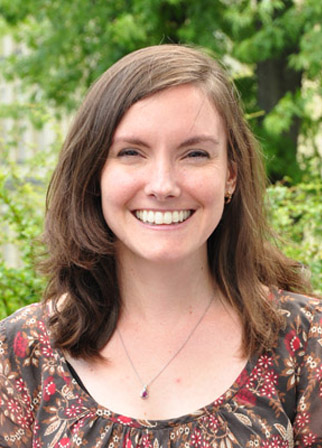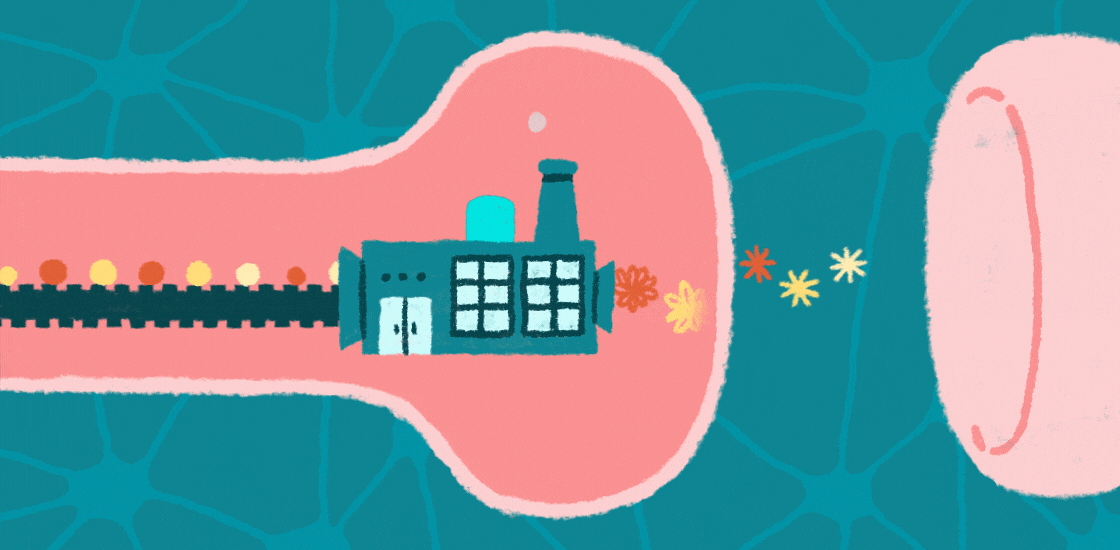Fiona Hollis is a Marie Heim-Vögtlin Fellow in the fundamental neurosciences department at Université de Lausanne in Switzerland.

Fiona Hollis
Marie Heim-Vögtlin Fellow
Université de Lausanne
From this contributor
Protein factories at neuronal junctions take center stage in autism
Some genes linked to autism regulate the production of proteins at neuronal junctions, suggesting that disrupted protein synthesis contributes to the condition.

Protein factories at neuronal junctions take center stage in autism
Explore more from The Transmitter
Two neurobiologists win 2026 Brain Prize for discovering mechanics of touch
Research by Patrik Ernfors and David Ginty has delineated the diverse cell types of the somatosensory system and revealed how they detect and discriminate among different types of tactile information.

Two neurobiologists win 2026 Brain Prize for discovering mechanics of touch
Research by Patrik Ernfors and David Ginty has delineated the diverse cell types of the somatosensory system and revealed how they detect and discriminate among different types of tactile information.
Shifting neural code powers speech comprehension
Dynamic coding helps explain how the brain processes multiple features of speech—from the smallest units of sounds to full sentences—simultaneously.

Shifting neural code powers speech comprehension
Dynamic coding helps explain how the brain processes multiple features of speech—from the smallest units of sounds to full sentences—simultaneously.
Astrocytes orchestrate oxytocin’s social effects in mice
The cells amplify oxytocin—and may be responsible for sex differences in social behavior, two preprints find.

Astrocytes orchestrate oxytocin’s social effects in mice
The cells amplify oxytocin—and may be responsible for sex differences in social behavior, two preprints find.